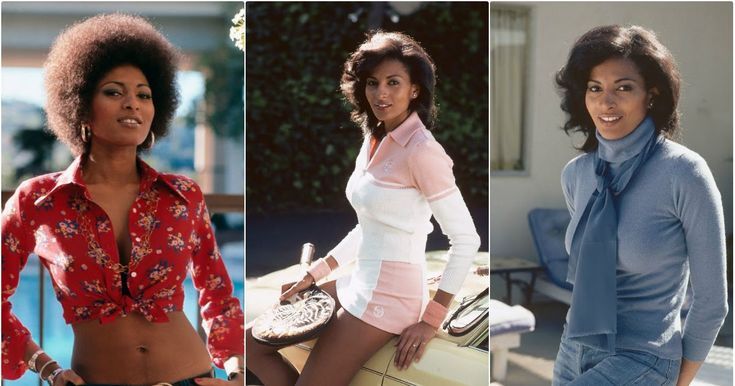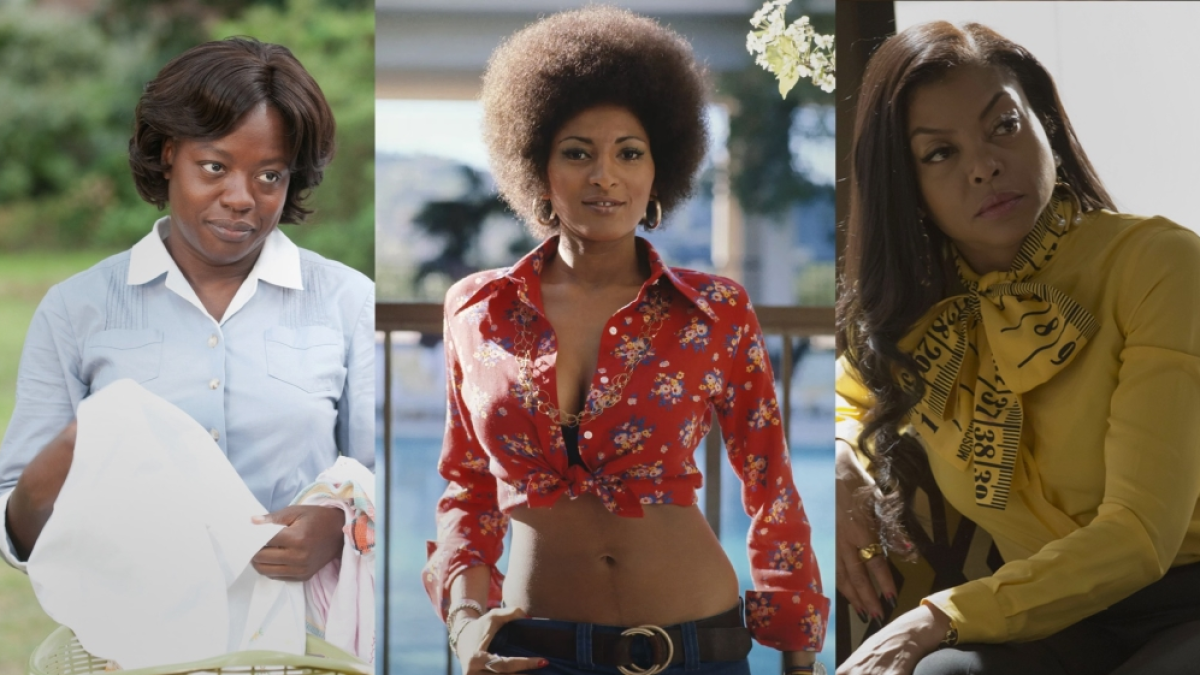The Fetishization Of Women Of Colour In Hollywood

Hollywood, the land of dreams, has a complicated history with representation. While strides have been made in recent years, women of color (WOC) still face a significant hurdle: the fetishization of their beauty and identities. This objectification reduces them to one-dimensional characters and undermines their agency and talent.
We are responsible for calling out these harmful portrayals and advocating for genuine representation. So, let’s delve into the issue:
The Roots of the Problem
The fetishization of WOC in Hollywood has roots in colonialism and the exoticization of non-western cultures. Black women, for example, were historically depicted as hypersexual “mammy” figures or the dangerous “Jezebel” stereotype. Similarly, Asian women were portrayed as submissive “lotus blossoms” or the cunning “dragon lady.” These narrow portrayals persist today, albeit in more subtle forms.

The “Mammy” Stereotype: A Legacy of Hollywood
Source: Al Jazeera
Modern Manifestations
The “fetishization makeover” continues. Black women are often showcased for their athletic physiques or portrayed as sassy best friends. Latinas might be cast as fiery temptresses or drug cartel members. Asian women are often limited to roles as the “tech genius” or the “martial arts master.” While these portrayals might seem positive on the surface, they still rely on reductive stereotypes and limit the range of stories WOC can tell.
The Consequences of Fetishization
This fetishization has real-world consequences. It fuels unrealistic beauty standards for WOC and reinforces the idea that their worth is primarily based on their physical appearance. It also hinders the development of complex characters that showcase their full potential as actresses. Additionally, it erases the diverse experiences of WOC communities, creating a false narrative that reinforces existing biases.
Moving Forward: A Call for Change
We, as storytellers, have the power to change the narrative. Here are some ways we can challenge the fetishization of WOC in Hollywood:
- Demand diverse stories: Advocate for scripts that center WOC in nuanced narratives that explore their full humanity.
- Hire diverse creators: Support and empower WOC directors, writers, and producers. Their perspectives are essential in creating authentic representation.
- Hold Hollywood accountable: Use our platforms to call out stereotypical portrayals and celebrate genuine representation.
- Amplify diverse voices: Share stories written by and about WOC that showcase their talent and lived experiences.
Beyond Hollywood: Our Responsibility
The fight for fair representation extends beyond Hollywood. We can be crucial in promoting diversity and inclusion across all media platforms. We can:
- Challenge stereotypical language: Identify and eliminate biased language that perpetuates stereotypes about WOC.
- Seek out diverse narratives: Feature stories and images that showcase the beauty and complexity of WOC identities.
Champion diverse creators: Support the work of WOC journalists, photographers, and artists.
Conclusion
Fetishization of WOC in Hollywood is not just a problem of representation, it’s a reflection of deeper societal issues. It’s time to move beyond the stereotypes and celebrate the talent and stories of WOC in all their complexity. By working together, we can create a media landscape that is truly inclusive and empowering for all.

